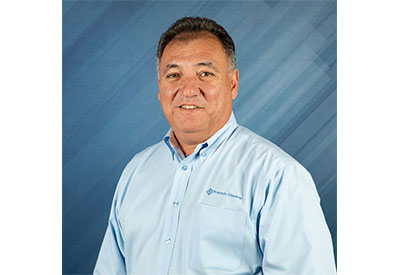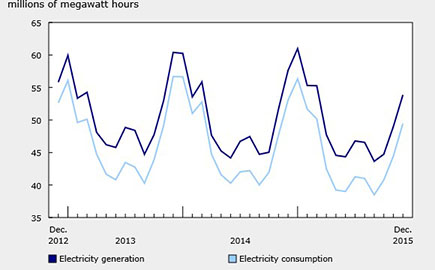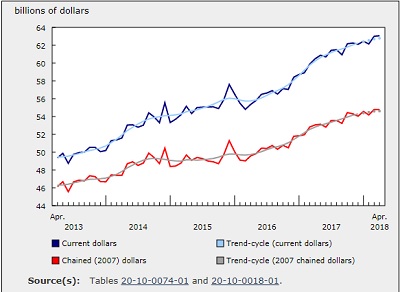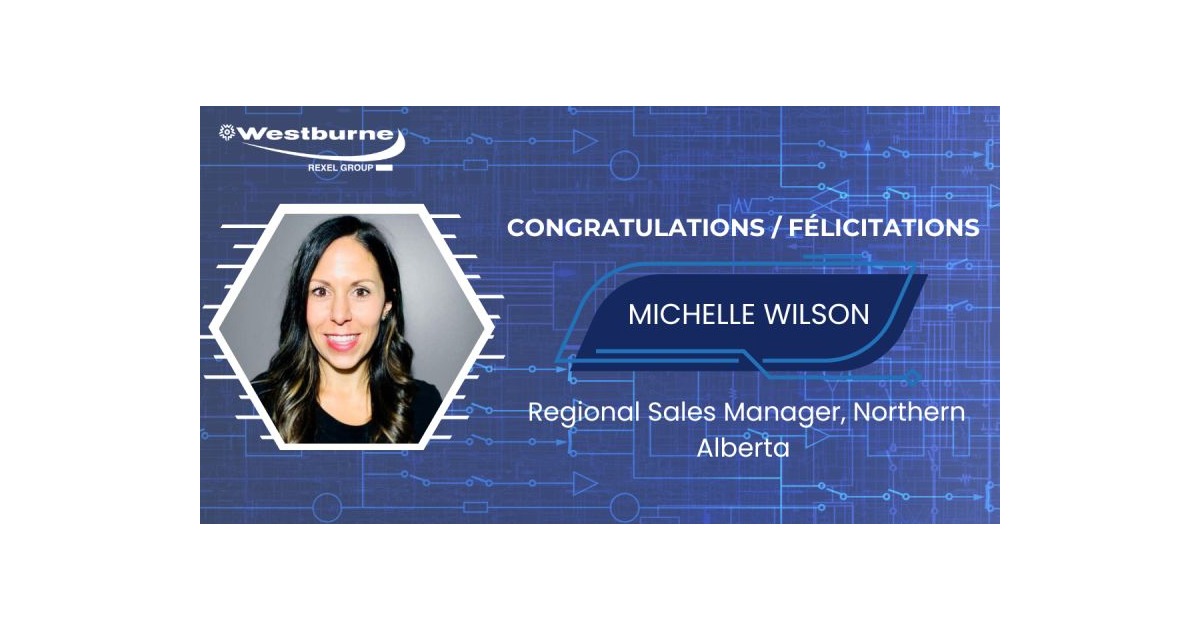Million Dollar Conversations: How to Grow Your Business with Your Best Customers

Oct 23, 2018
By Jeff Mowatt
A question I sometimes ask managers and salespeople when I speak at conferences is, “How much business do you think you may be leaving on the table with your existing customers?” Most lament that there’s lots of room for growth in gaining more of their customers’ wallet share. I believe that most companies — even small businesses — have at least a million dollars worth of extra potential revenues sitting in their filing cabinets. The problem is employees aren’t effective enough at cross-selling and cross-referencing their other products and services. Let’s talk about how to get more of this business out of your filing cabinet and into your bank account.
Lesson from Las Vegas
First, decide which customers you should focus on. Consider the strategy of casinos. They categorize their customers as being tourists, high-rollers, or whales. “Tourists” and “high rollers” are self explanatory. “Whales” are the ultra rich who can afford big losses and still return for more. Each industry has its own version of whales. These are the first customers to approach. The problem next is how do you ask your whales for their extra business? Let’s begin with what not to do.
Make it deliberate
A common way to ask customers for more business is to mention, “By the way we have this other product or service that you may be interested in.” That approach works okay if you’re selling hamburgers and ask, ‘Fries with that?” If on the other hand your products or services are priced higher than $3 fries, you’ll need to have a more meaningful, deliberate conversation than a “by the way” approach. You’ll need three things:
1. Their undivided attention
2. Confirmation that they’re pleased with your existing products.
3. A suggestion to expand that business.
Get their attentionInform your whale that you’re doing a “courtesy check-in” to ask for their input and advice on some of your products/services. Customers are flattered to be asked for advice. For them it gives them an opportunity to sound smart. Positioning the conversation as a courtesy check-in implies that it’s something pleasant (a courtesy) and that it won’t take a long time; you’re merely checking in.
Begin the conversation by expressing appreciation. Tell them why their business is valuable to you and what you like about doing business with that particular person. Do your homework and be specific. Remember, these are your whales… there will be lots of reasons you appreciate their business. So, go ahead and tell them.
Think about it. if you stopped the conversation right there you may have just cemented that customer’s loyalty. How often do you think they hear this type of feedback from a supplier? You may in fact be the first supplier who’s ever told them this. Customers are human; they don’t like being taken for granted. With corporate clients, the money they spend often doesn’t come out of their own pockets. So, it costs them nothing personally to spend a little more with a supplier who appreciates them. Good return for the cost of saying the decent thing to your best customers.
Confirm your strengths
Tell your whale you want to continue to earn their business. Ask if they have any general concerns about your products/services that you should be aware of. If they do express concerns, be prepared to address them right away. It makes no sense to talk about expanding your business at this stage if they aren’t completely satisfied with your existing relationship.
If the customer has no general concerns, then go on to specifics. Ask about three areas in which you think you are doing an exceptional job but would like to verify from the customer’s perspective. This helps remind the customer that you are indeed giving them great overall value beyond just pricing. Then and only then is it time to explore expanding that business.
Ask — don’t tell
After the customer confirms they value your existing businesses, sum up with, “Sounds like we’re doing a reasonable job providing Product X for you… and we’d love to do more business with you with Product Y. What advice do you have on how we might move forward with this?” Again, you’re asking the customer for advice. They may tell you their buying process, or you could discuss doing a pilot project where they try your other products/services in one of their operations for a limited trial.
If you’ve been suggesting they try your other product/service for some time, then consider adding, “We been talking about the possibility of testing this for X months/years. Is this something you’d like to move forward with on a trial basis, or would you rather we just dropped the whole thing? What’s your advice?” With this statement you are asking them to either take a baby step forward or stop wasting time with ambiguous statements. It’s a reasonable question to ask so that you can either advance the process or move on to other clients. Either way, it’s a more solid strategy than simply hoping that someday your best customers might drop you a few more crumbs.
The payoff
The bonus with expanding your business with your whales is not only do you earn more of that customer’s wallet share; you also gain access to more customers like them. Whales after all, congregate with other whales. That’s why I call them million dollar conversations.
This article is based on the bestselling book, Influence with Ease by Hall of Fame motivational speaker Jeff Mowatt. To obtain your own copy of his book or to inquire about engaging Jeff for your team, visit www.jeffmowatt.com. Watch for more articles from Jeff in future issues.











